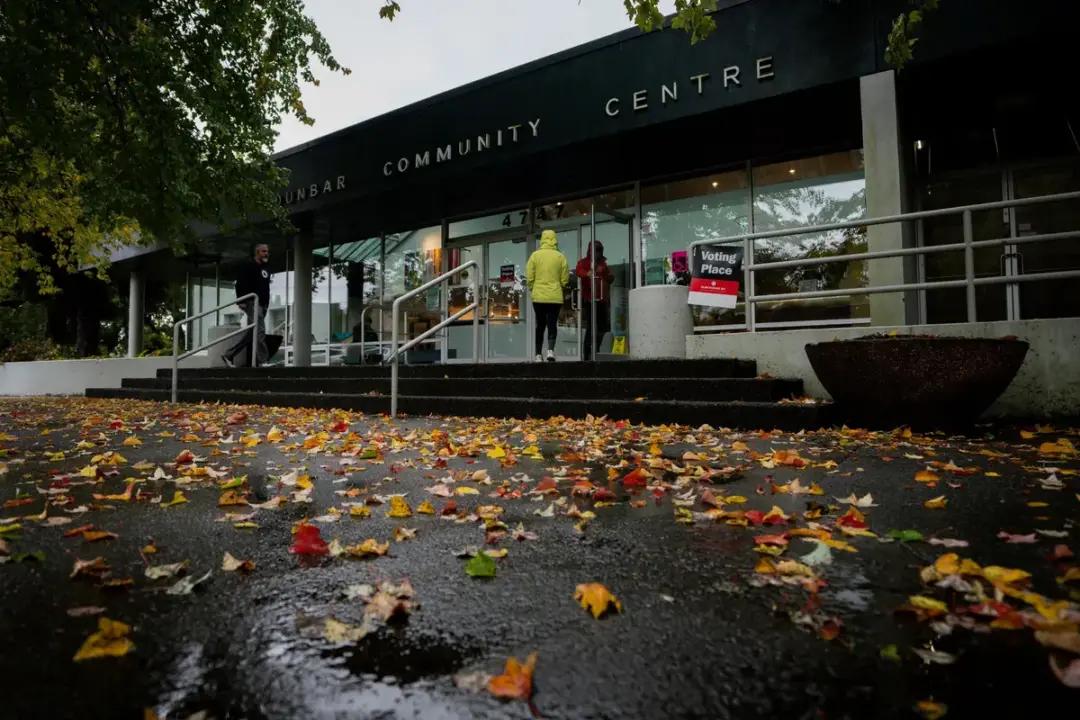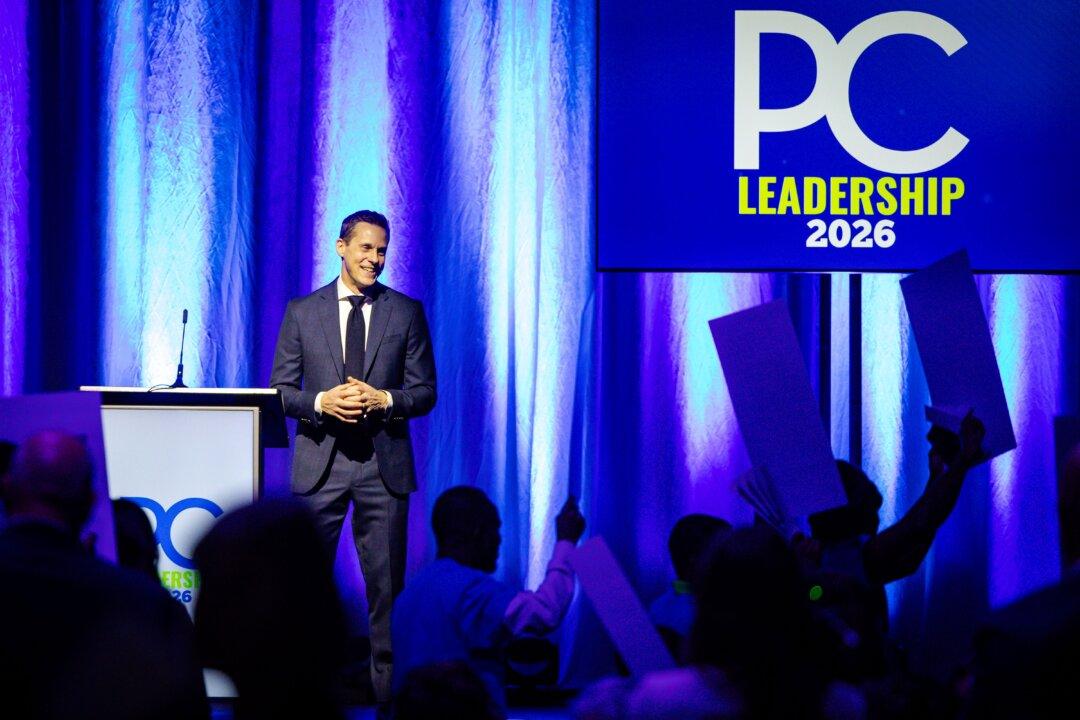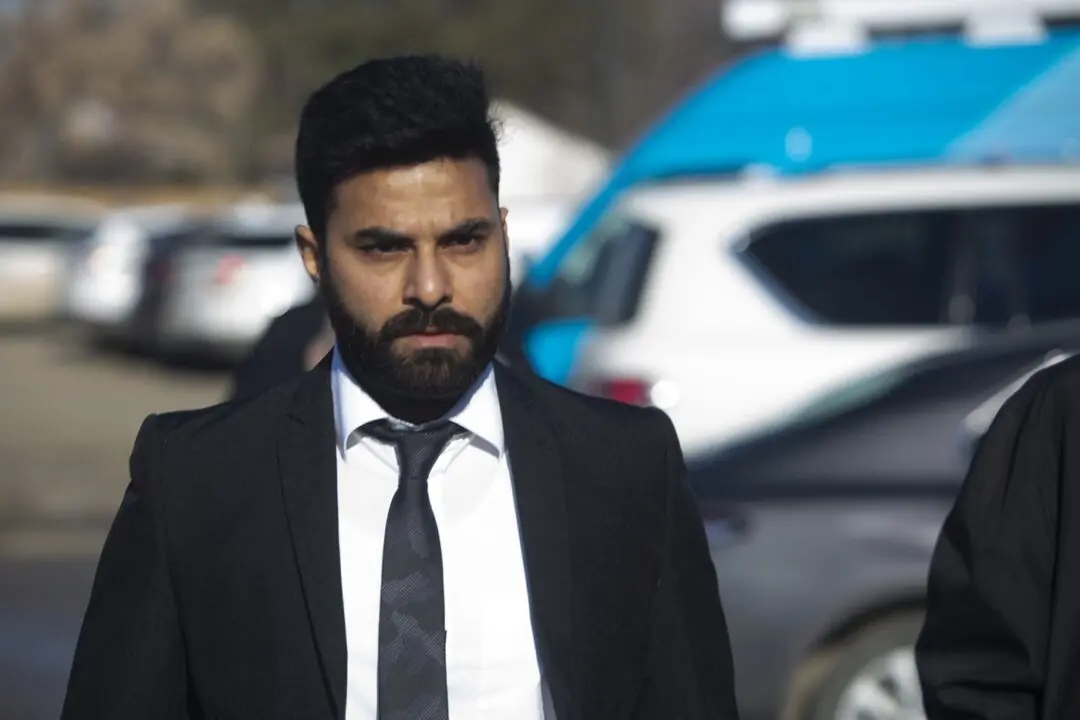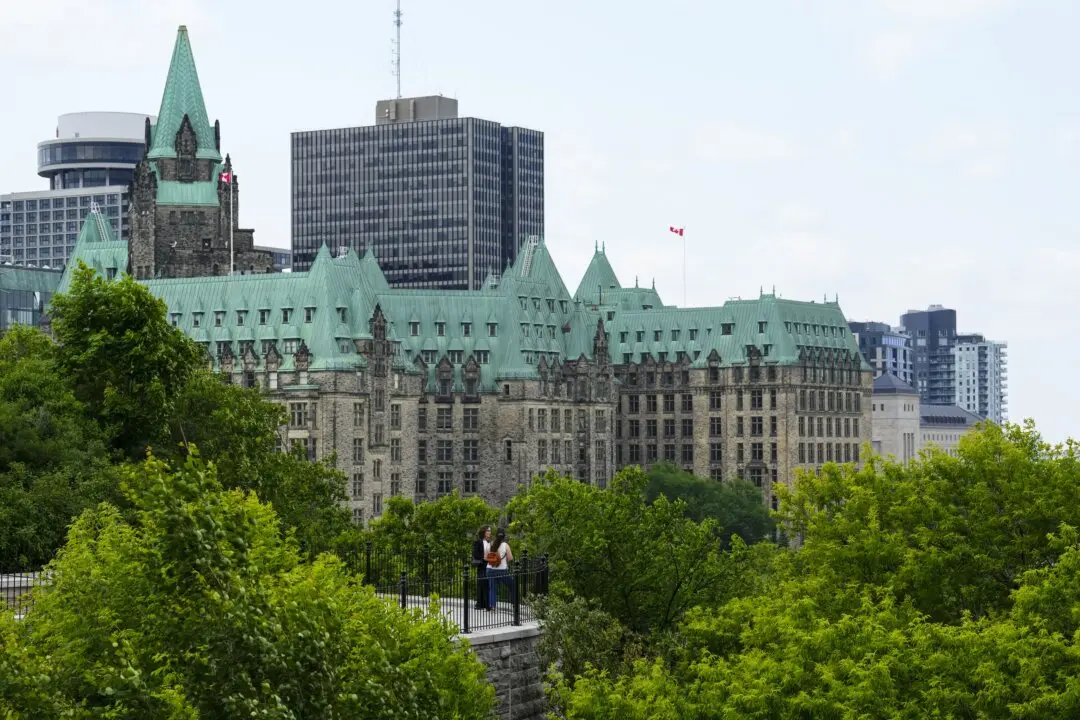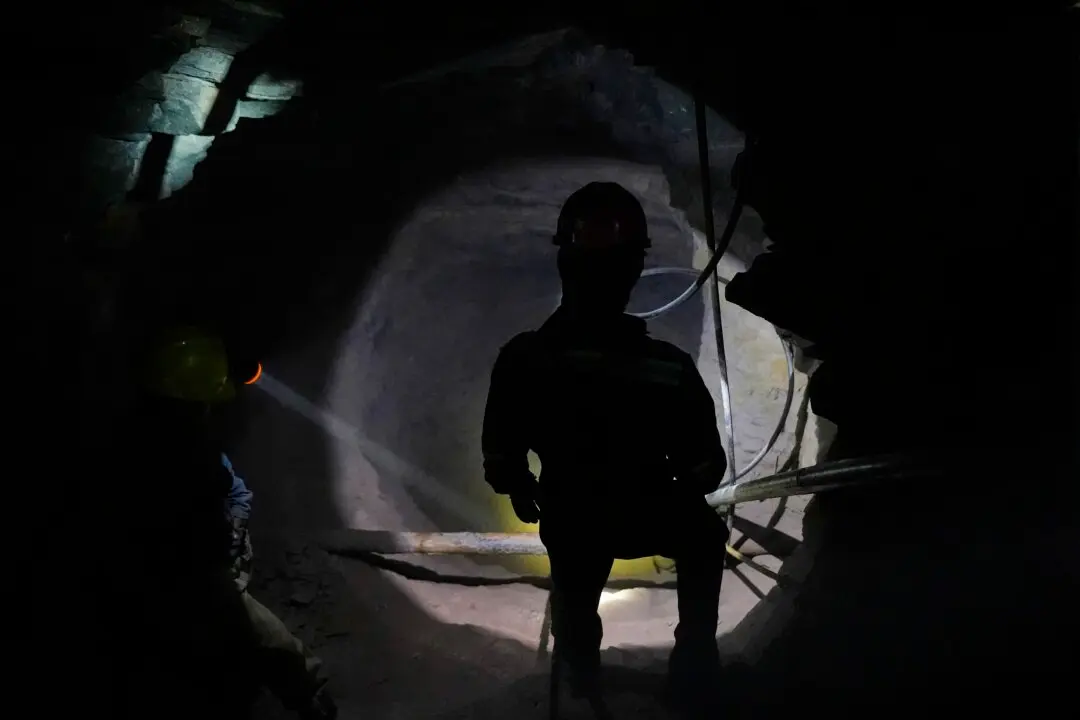The New Brunswick election saw the governing Conservatives trading places with the Liberal Opposition. In B.C., the governing NDP may have lost its majority government and it’s still unknown who will form the next government.
It remains to be seen what will happen in Saskatchewan’s Oct. 28 election.
